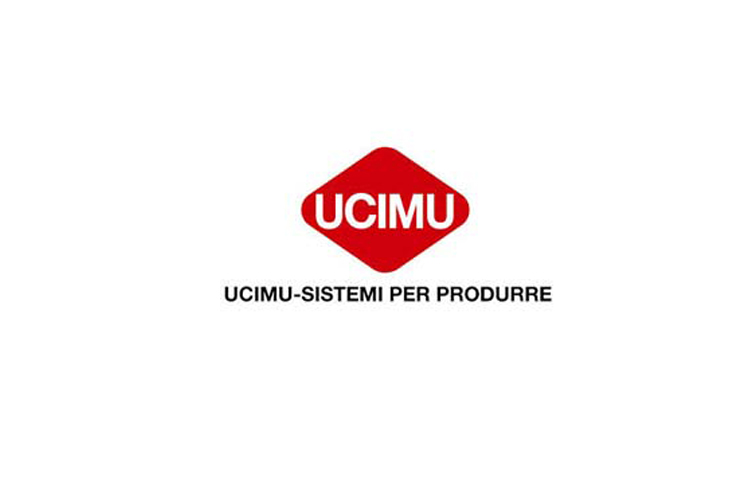For the second quarter of 2014 the machine tool index of orders, issued by the Studies Dept. of UCIMU-SISTEMI PER PRODURRE, shows a 14.4% increase against the same period of the previous year. The absolute index value reached 96, still under the average set at 2010 = 100. The overall result is due to the positive performance of manufacturers both in the domestic and the export markets. In spite of this, the level of investments planned for the Italian market remains low.
In particular, the index of domestic orders went up by 38.2%, for an absolute value of 91.2, supported by the introduction of the New Sabatini Law.
As far as exports, the index of orders grew by 11.5%, for an absolute value of 96.6, confirming the recovery in the consumption of Italian machine tools in the main foreign markets, already highlighted, after the slow down of 2013, by the export results for the first quarter of 2014 (+2.1%).
Following the UCIMU analysis of the ISTAT data, the most active countries appear to be those of the EU; on the increase are in fact sales to Germany (+17.6%), France (+30.2%), Poland (+0.8%), Great Britain (+42%), Spain (+12.9%). Down are sales to China (-16.3%), United States (-11%), Russia (-5.8%), India (-35.3%), Brazil (-37.8%), Turkey (-7.5%).
On a six-monthly basis, the index shows a 14.9% increase due to the growth in the index for domestic (+59.5%) and export (+7.8%) orders.
“The results processed by the Studies Dept. of UCIMU-SISTEMI PER PRODURRE”, said Luigi Galdabini, President of UCIMU, “is certainly positive, because it confirms the change in trend already detected during the previous quarter. However, it has to be considered that the increase appears consistent because it compares with 2013, one of the worst years of the Italian industry of the sector”.
“The positive trend of domestic orders is the direct result of the introduction of the New Sabatini Law which, in force since last March, has up to now resulted in financing at favourable conditions for 1.5 thousand million euros of investments of capital goods. On the other hand, we estimate that the next edition of BI-MU, the two-yearly event planned for next October at Fiera Milano, will give a further push to purchases by Italian end users”.
“The response to the introduction of the New Sabatini Law,” continued Galdabini, “makes one think that structural measures aimed at supporting the recovery of the Italian consumption of manufacturing systems, necessary for the preservation of the competitiveness of the country, would find a fertile ground thanks to the latent demands, which must be stimulated to present themselves. On this respect, we happily acknowledge decree 91/2014, which allows for tax credits equal to 15% of the total value of machine investments of companies, starting from June 25th 2014, and for delivery by June 30th 2015. However, we believe that this is not enough, also and most of all due to the too short duration of the provision, which, due to its structure, offers great advantages to importers of foreign machinery with warehouse facilities, to the detriment of Italian manufacturers, whose activity is mostly based on existing orders. The ideal would be to produce an amendment indicating that the expiry date of June 30 2015 applies to orders received, and the term for the delivery of the machine is postponed to December 31st 2015”.
“We also insist on the system of free amortisation, which in some nearby countries has already been introduced. As a reference, it may be useful to take into account the provision introduced in Great Britain in April 2014, which allows, for the year of purchase of the machine, and until December 31st 2015, the total amortisation of capital goods investments up to a maximum amount of 600,000 euros”.
“In addition,” continued the President of UCIMU, “once again Italian manufacturers highlight the need for a provision promoting the replacement of obsolete machinery not only at national, but also at European level. This provision could obviously push the consumption of machinery, but most of all support the by now necessary modernisation of the manufacturing systems of the old continent. The need for modern and productive machinery is in fact a common denominator for many countries of the Euro Zone. To the Government Authorities we therefore ask, also in view of the Italian six-month presidency of the European Union, to include among the industrial policies proposals also some suggestions to this extent, which if implemented would meet the needs for better productivity of companies, and for adaptation to the more and more stringent regulations on energy saving and safety standards in the workplace”.
“Aware of the difficulties that the country is experiencing, and of the low availability of resources,” concluded Mr. Galdabini, “Italian machine tool entrepreneurs cannot fail to recognise the value of some provisions implemented by the Government Authorities. What has been done in terms of reduction of the tax burden must certainly be commended, but a more decisive intervention is needed to ensure that Italian companies continue to work in Italy, and that the country becomes more and more attractive to foreign players, whose presence can only create welfare. In particular, we insist in suggesting once again the introduction of the IRAP abatement through the reduction of the taxable base, only for the part relating to labour costs, for an amount equal to the export/production ratio generated by the company, thus stimulating companies to become more and more committed towards internationalisation”.


